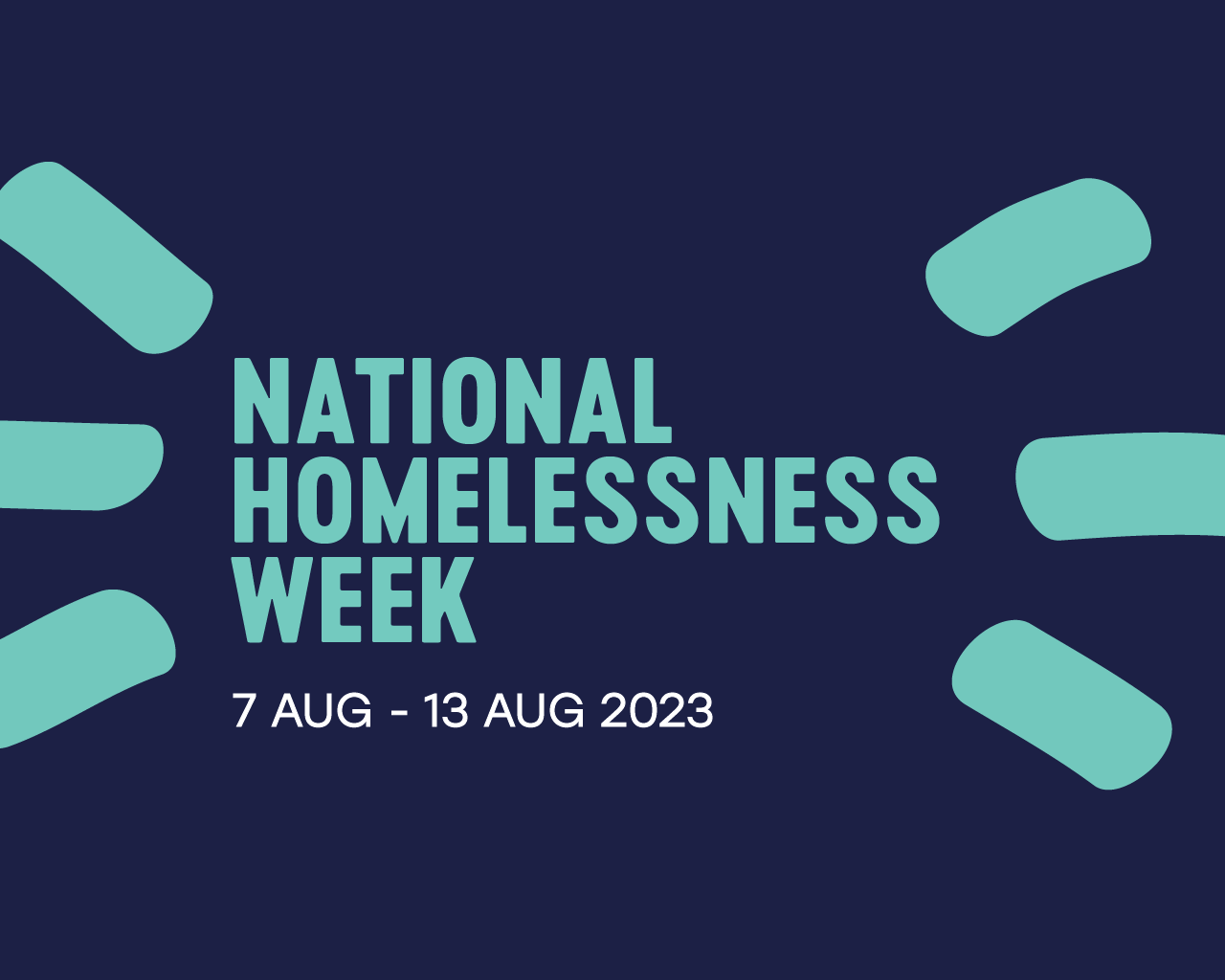Over the last month we have introduced you three people: Jeff, Abi and Dash. They all have different stories, histories and backgrounds. But they do share one thing in common – they all have a disability and deal with the stigma and assumptions that come with that.
What is a disability?
A disability is any kind of limitation, restriction, or impairment (whether temporary or permanent) that affects your ability to do everyday activities.
You may not be able to tell someone has a disability by looking at them, but regardless of whether you can see it, it still comes with its own unique challenges.
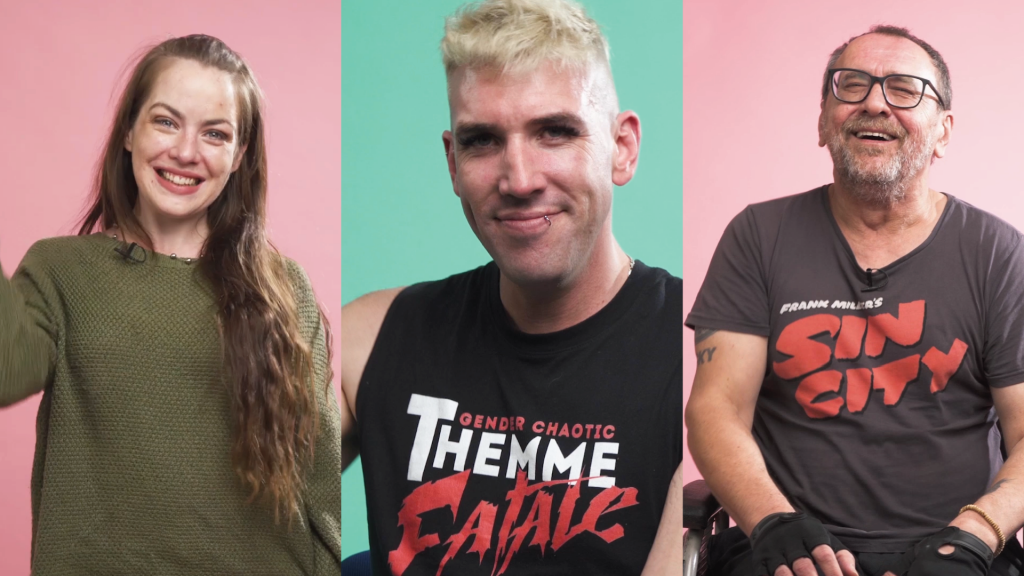

Abi lives with depression. While she is a bright, bubbly person it can make things that she did easily the day before a real struggle and means she deals with people labelling her as ‘lazy’ or ‘weak’.
Mental illness is not a weakness. People who deal with mental illness are actually incredibly strong. They are not weak, I am not weak, you are not weak- Abi.
Jeff became an amputee due to a medical condition and now uses a mobility aid, he noticed how much people’s attitude towards him changed because of this.
People are kinder to you [when you’re in a wheelchair]- Jeff.
Dash, who identifies as non-binary, is a passionate, hard working employee who lives with addiction and is often perceived as a ‘druggie’ or ‘junkie’ even though they have been sober for some time.
It was really difficult when I was dealing with health services, dealing with that judgment, because you get worse treatment. You get left waiting… everything that you do is seen as some kind of attempted drug seek- Dash.
So, what is stigma?
Stigma involves negative attitudes against someone based on things like their gender, race, religion, sexuality or a health condition and disability.
While we can have stigmas towards a person and not even realise it, the negative effects of stigma for the person on the receiving end are huge. It can lead to feelings of shame, hopelessness and isolation, reluctance to ask for help, fewer opportunities for work and socialising.
Stigma happens because of misinformation and stereotyping. Something Abi, Dash and Jeff have experienced this first hand with questions, comments and assumptions about their disability.
How can we remove stigma and get real?
See the person first – don’t label them on how they look. Their illness, injury, health condition or disability does not define them, or hold them back.
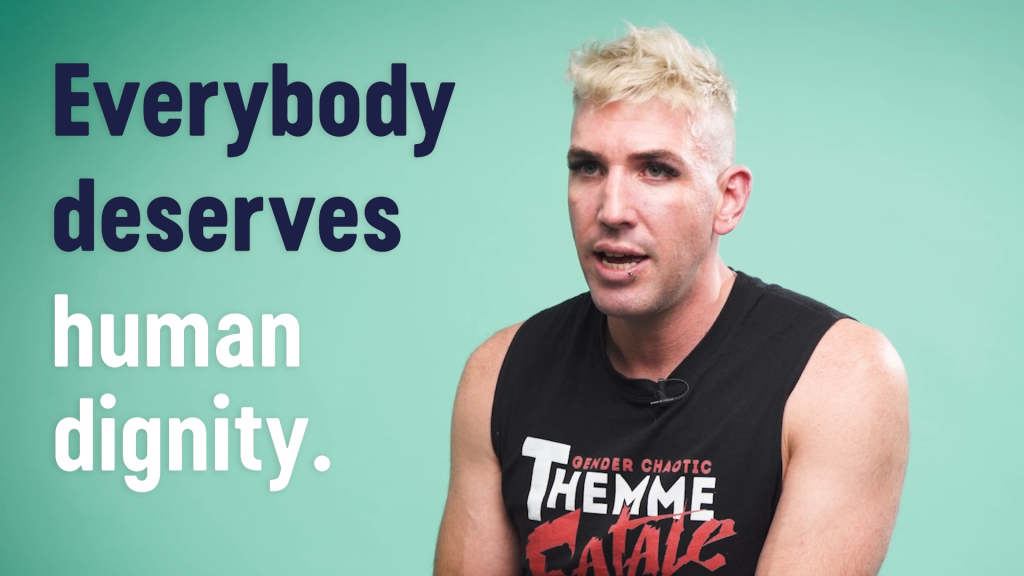

Ask them – go on, don’t be shy! They may have a preferred term that they use, so it’s okay to ask and find out (just make sure you’re polite and respectful). Here’s a list of some disability terms you should know (and avoid).
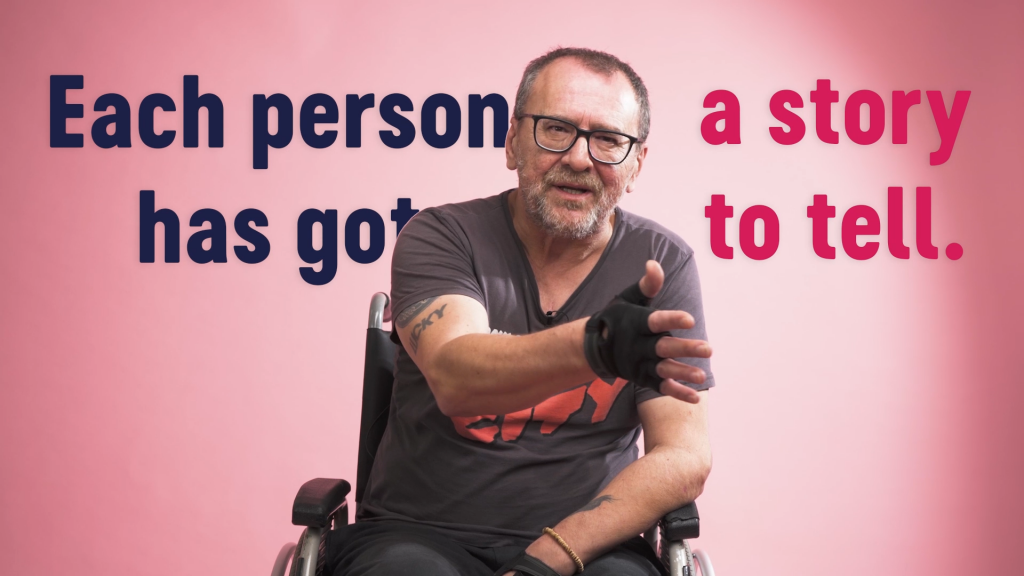

Call it out – speak up against stigma. Because when we challenge those around us (and those who may not even realise it) it helps others to learn and grow.
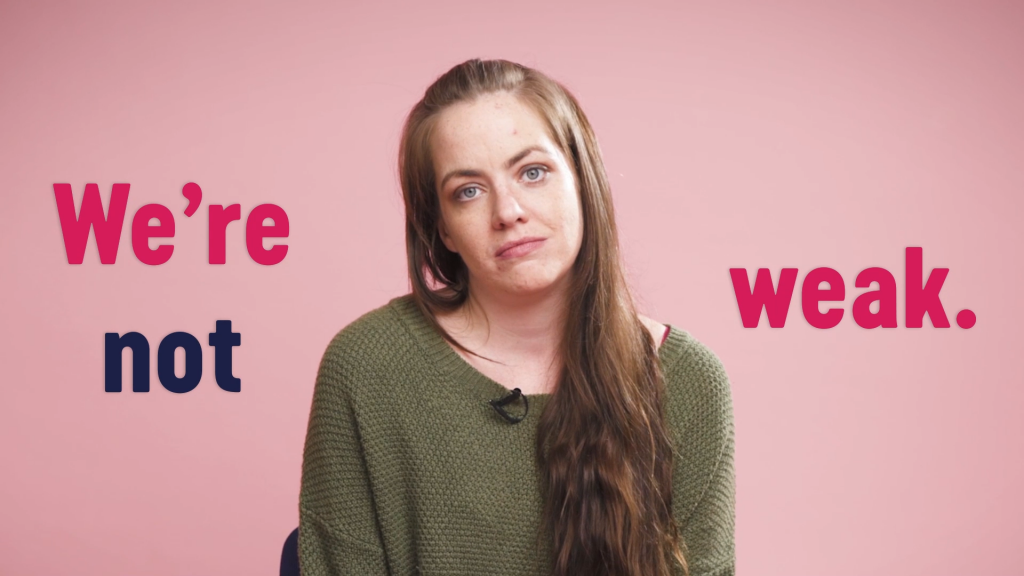

By reducing the stigma that surrounds disability and other health conditions, we allow people to be their true selves.
So, let’s get real about disability: it’s not something you should pity about someone, it doesn’t automatically make them an ‘inspiration’, and it’s certainly not something that has to stop anyone from getting the best opportunities in life – like having independence, hobbies or finding a job.
If you’re living with an injury, illness, disability or health condition and are looking for support finding work, Campbell Page can help.
We want to hear your story so we can help find the opportunities. Whether it’s extra skills and training, resumes/cover letters, or connecting you with extra support services we’ve got your back.
Call 1300 139 920 or send us a message and we’ll get back to you.
SEND A MESSAGE
"*" indicates required fields

